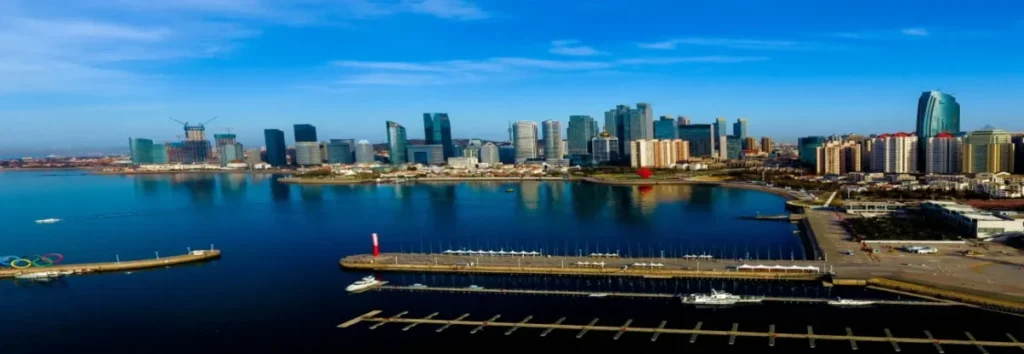Trade and Economic Multifunctional Platform for SCO Countries (SCO TEMP) last month granted a license to “Pakistan House” to join the SCO TEMP Think Tank Alliance.At the awarding ceremony, Hu Kaiqiang, Director General of SCO TEMP and Chairman of the Think Tank Alliance of the Platform pointed out that the platform has continuously promoted the construction of think tanks by attracting heads of state from the SCO, experts, scholars, business leaders and other elites in various fields.
“It is committed to building an international innovative think tank alliance that directly enables cooperation between SCO countries in the fields of industry, economy, trade and culture,” Hu said.With the inclusion of Pakistan House, it will offer more professional think tank services to the working committee of the platform to facilitate multilateral cooperation within the SCO framework. This will help promote greater outcomes in economic and trade cooperation and people-to-people exchanges among SCO countries,” Hu added.
Ali Hussain, Chairperson of the Economic and Business Advisory Council of Pakistan House, stated that Pakistan House will actively leverage its advantages as an overseas think tank and closely coordinate with the other alliance members on international affairs, local media reported.
“For Pakistan, a full member of SCO since 2017, the organization has served as a catalyst for growth, development, and increased global engagement. Pakistan’s integration into regional and international commercial networks has also been facilitated by the organization. We will further promote cooperation between China, Pakistan, and other SCO countries in fields such as international trade, education, culture, and people-to-people exchanges through the platform,” said Ali.
Founded in 2012, Pakistan House is an independent international affairs policy research institute based in Blanchoy, Denmark, and Islamabad. Its mission is to help build a positive, secure, and balanced world, primarily focusing on developing countries. It mainly collaborates with universities, think tanks, governments, the private sector, and civil societies. Additionally, it conducts academic exchanges with think tanks worldwide.
